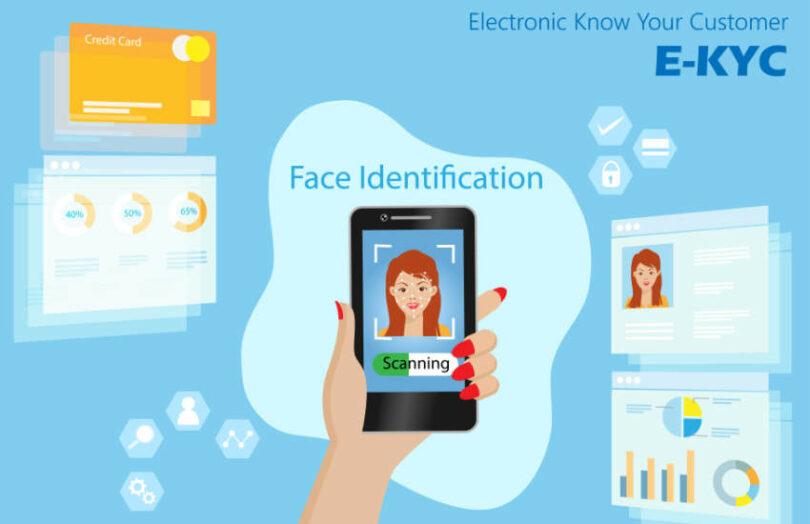The Pakistan Banks’ Association signed a contract with Avanza Group to develop a blockchain-based shared Know Your Customer (KYC) solution. With a customer’s consent, any KYC data collected by one bank’s compliance department can be shared with another.
Avanza’s ‘Consonance’ eKYC platform will mean KYC processes become more standardized to ease the exchange of data between banks using the shared blockchain.
From a consumer perspective, if someone is shopping around for a mortgage, it can make the process far more painless if KYC data can be shared. It could make switching between banks easier, but there’s always considerable customer inertia.
Shared KYC provides several benefits to banks, with a massive reduction in cost if the bank can use data collected elsewhere. It also removes a major friction in signing new customers.
However, there’s a third potential benefit that consumers need to be aware of. When a consumer agrees to share data, they need to ensure they only agree to share KYC data, not other data that could infringe on their privacy.
Some have argued that there’s a risk of a single bank introducing weak KYC into the entire banking system, undermining anti-money laundering (AML) processes. To counter that, the responsibility is sometimes put on the bank receiving the data, such as in the case of the UAE shared KYC system. It’s up to the bank to assess whether the other bank provides reliable data, and the recipient bank is responsible for that assessment.
Avanza was involved in deploying a similar solution in Bahrain and in its home country of the United Arab Emirates, it was the partner for a shared trade finance blockchain, UAE Trade Connect. Howeverr, the UAE deployed a KYC blockchain platform with another tech provider, norbloc. Sri Lanka has explored a similar path and Australia included KYC on its blockchain roadmap. In Switzerland, Wecan has helped banks use blockchain for the KYC of intermediaries in private banking.






